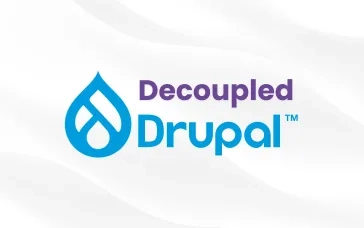
Let us help you get your project done
We’re excited to hear your project.
Let’s collaborate!
Not sure? Call us (416) 243-2431.


We’re excited to hear your project.
Let’s collaborate!